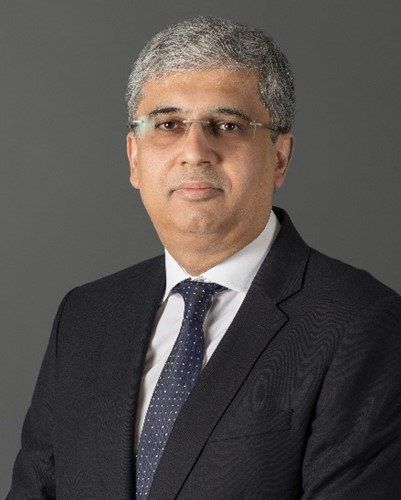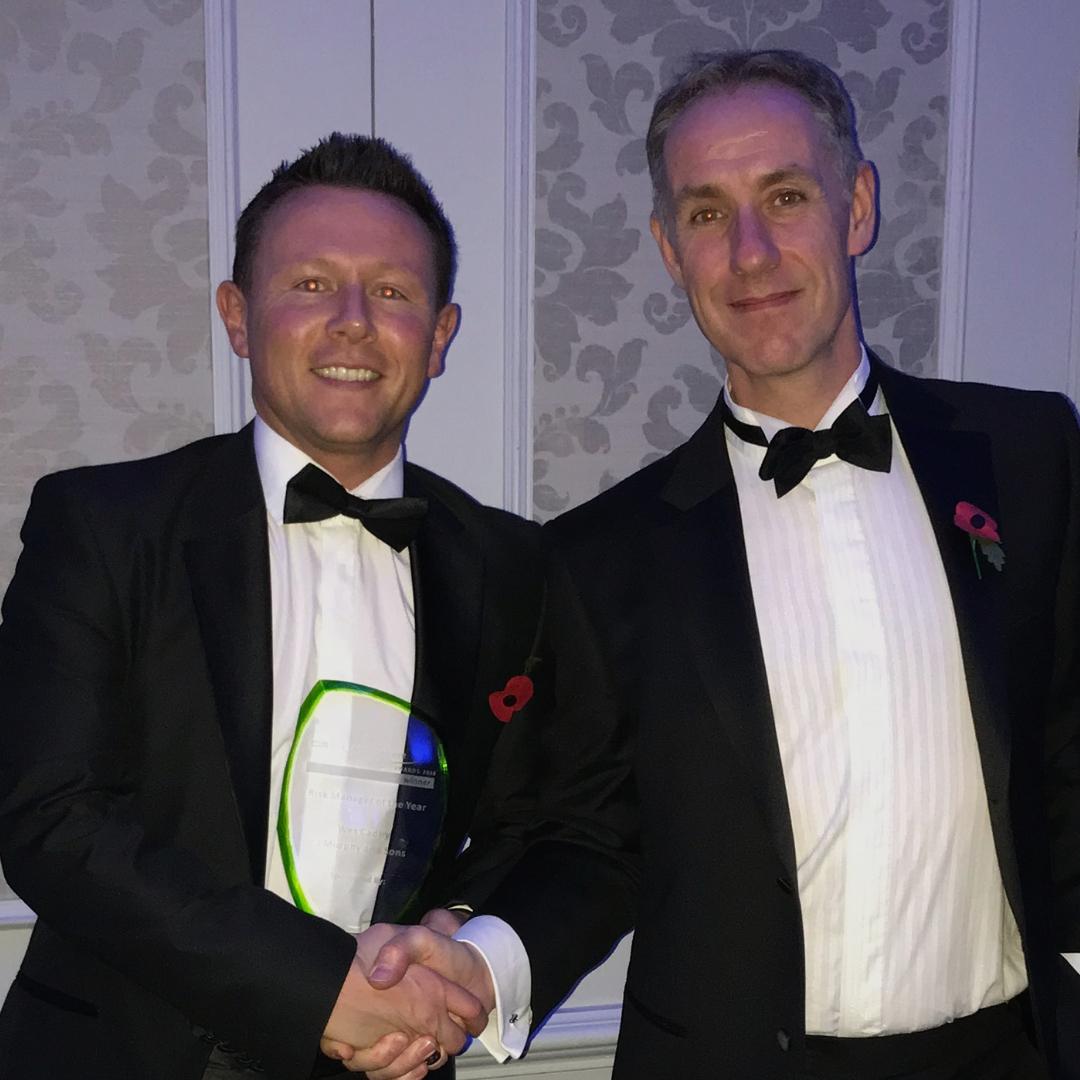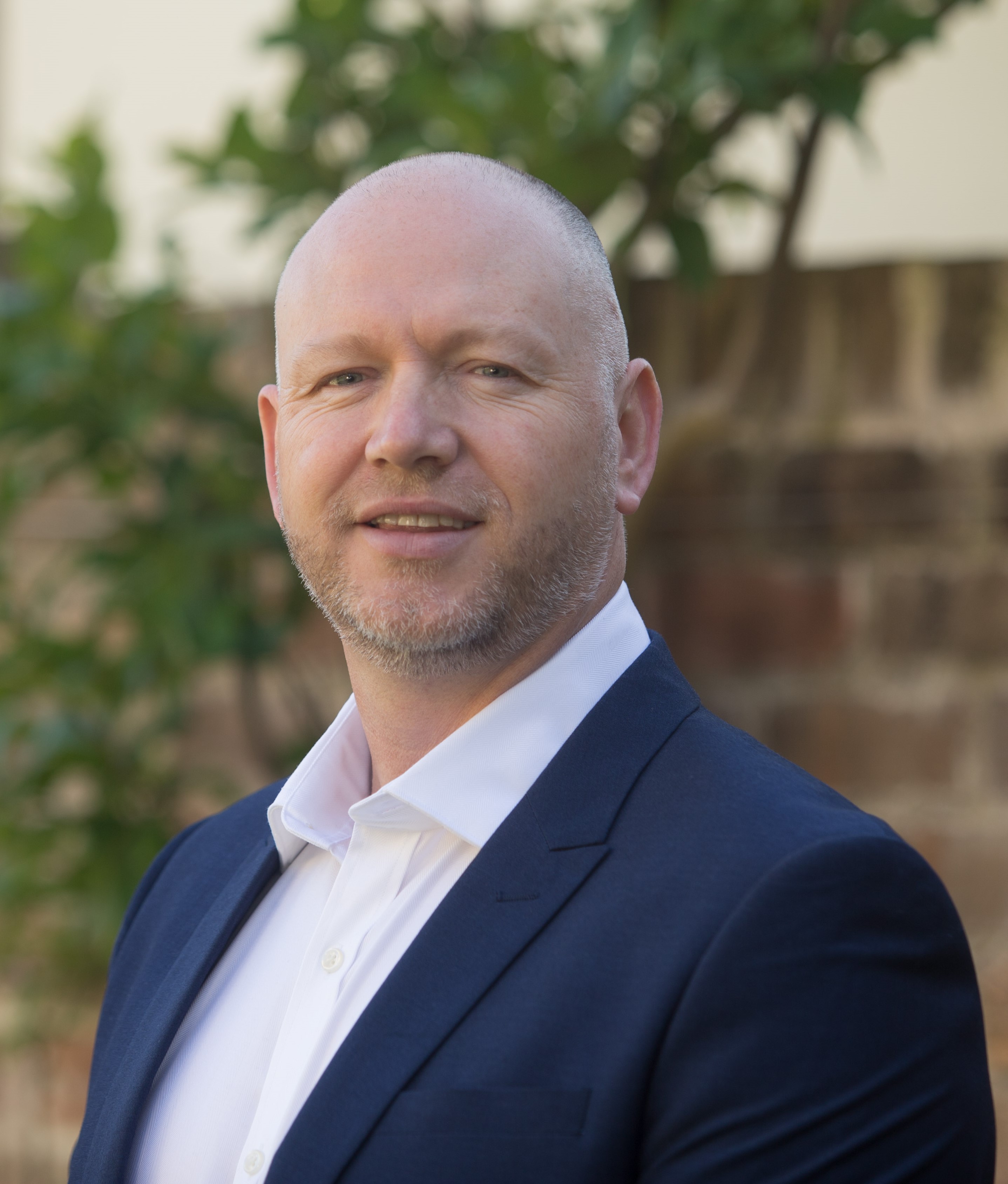Amair Saleem, CFIRM: Director, Dubai Roads and Transport Authority
Amair Saleem, CFIRM

Director
Safety, Risk, Regulation and Planning Department
Dubai Roads and Transport Authority
How did you get your job?
I guess it all started when I decided to undertake my thesis in the area of reliability engineering as part of my MSc in Air Transport Engineering from Cranfield University; if I had thought more deeply about it at the time, I would have understood that reliability analysis was another a form of risk engineering. This led to a job with an Aerospace Defence Systems organisation as a Reliability Engineer. From there I moved to Risk / Safety in Space Projects and then Risk / Safety in Rail / Transportation Projects. Fundamentally, I think you can’t be a good technical Risk Engineer / Analyst unless you are a good Systems Engineer / Technologist - this is a key complimentary skill that I have developed over my career. To clarify, one must be able to analyse any problem in a systems sense; understand the functions, interfaces and dependencies. If one can do this then “risk” aspects will follow, because you can ask the right questions and make the right risk challenges to the system. Often what appears as the most stupid question can become the most enlightening when understanding the risk to the system with complexity of inter-dependencies and interfaces. I find that the systems approach works equally well whether it is a pure technical problem or a complex business issue.
What’s a typical day like as a Director of Safety Risk and Regulation?
I count myself extremely lucky that I have no typical day. Every day is completely different with a new set of challenges. This is because of the nature of the organisation I work in and the risk coverage of the transportation systems that I must look after; metro, taxis, buses, roads, licensing services, trams, marine transport – with over 1.5 million passenger trips daily. And, if that was not enough, a range of innovative system studies, such as, hyperloop, air taxis and autonomous vehicles. So while this feels sometimes that you are a juggler it also makes the work incredibly interesting and keeps the self-motivation levels extremely high.
What do you enjoy most about your job?
Apart from the diversity, as I discussed above, I enjoy making a real and tangible impact on the transportation environment. To expand, with reference to previous employment, when you did a piece of risk analysis, for example, the impact of your work could be difficult to see in respect of the real world as projects are often slow to evolve and implement in a classical western project model of delivery. In Dubai things are quite different – for example the Dubai Metro has 74km of track and 48 stations and was operational within 5 years from the initial design. This just does not happen in conventional western projects. In my current environment, it means that when you conduct your risk analysis professionally and demonstrate additional understanding / value i.e. convince decision makers, you can literally see design changes materialize in front of you as a result of your risk analysis. What could be more satisfying than seeing this impact as an engineer? And to be perfectly honest, I enjoy challenges which come at an exceptionally high rate in my current organisation. A recent example of this was I was part of a team to demonstrate the flight of an autonomous air taxi in Dubai, within roughly six months of the project announcement. This included everything from selection of a viable aerospace vehicle with evolving autonomous technology, assessment of suitability for environmental conditions, flight testing, air worthiness, air traffic management, etc. – something that you could not imagine in other parts of the world. Interestingly, the final outcome was entirely dependent on the system and operations related risk assessments that were submitted to the Aviation Authorities for final flight approval.
What are the challenges?
As I alluded to above, one could quite easily be lost facing the dichotomy of issues in front of you at any one time. But here I think that risk professionals have an added professional strength as they can mentally assess and manage multiple work streams through risk management principles i.e. it’s easier to assign priorities and manage criticalities as you are always thinking “what if and mitigation” strategies.
Why did you want to go through the Senior Executive Route (Certified Status)?
Quite simply for the recognition from the risk profession that I have achieved a recognised level of competency, knowledge, experience and standing in the profession. I have always held to the belief that expertise claims must be supported by either educational or professional qualifications. The IRM certified route is ideal for senior executives who may not have gone through formal risk training but have achieved comparable or exceeding capabilities. Furthermore, the IRM SER provides a formalised assessment structure – the same as if you were going for an examination - so the outcome or result is qualified, verified and validated.
How did you find the process?
I found the process was well structured and thought out – I understand that the IRM spent over two years in its development. Equally the process was challenging and required claims of experience / knowledge to be thoroughly tested.
In what way are your IRM qualifications relevant?
In the risk universe - very relevant. I am constantly surprised by the number of people that pick up on the CFIRM Qualification / IRM Global Risk Manager of the Year Award 2015 and comment on their merit. However, I think that we (risk professionals) and the IRM could be doing more to raise IRM qualifications stature in a global business context. Knowing IRM, I am guessing that there are plans afoot and we should all be supporting its efforts.
What would you say to others thinking about joining IRM as a member?
If you work in the risk profession it’s what you would say colloquially; “a no brainer”. Set yourself the task of becoming a Member / Chartered Member as early as possible in your career. It will surely pay dividends both professionally and throughout your career development.
How has your role developed and what are your career ambitions? Has being linked to the IRM helped?
My role keeps expanding and I attribute this to my expertise in “risk”. Risk now impacts every function of the organisation from strategy, projects, procurement, operations, governance, human resources, finance, innovation, etc. It can be direct e.g. establishing a project risk register to indirect e.g. supporting the establishment of an asset management strategy but it’s there in almost every aspect of an organisation’s functioning. I would go so far to say it its part of every organisations’ DNA. In respect of career development, I think of it more as professional development – you have to keep pushing yourself setting new targets and goals. Developing and evolving. Learning should never stop. Along the way opportunities may arise and will certainly be more frequent of you have IRM qualifications!
Top tips on becoming Certified:
- Approach the process as if you were taking an examination i.e. be suitably prepared
- Inventory your achievements and accomplishments so that they can be evidenced i.e. avoid unsubstantiated claims
- Reflect on examples during your career that can demonstrate your ability to take accountable risk based decisions






